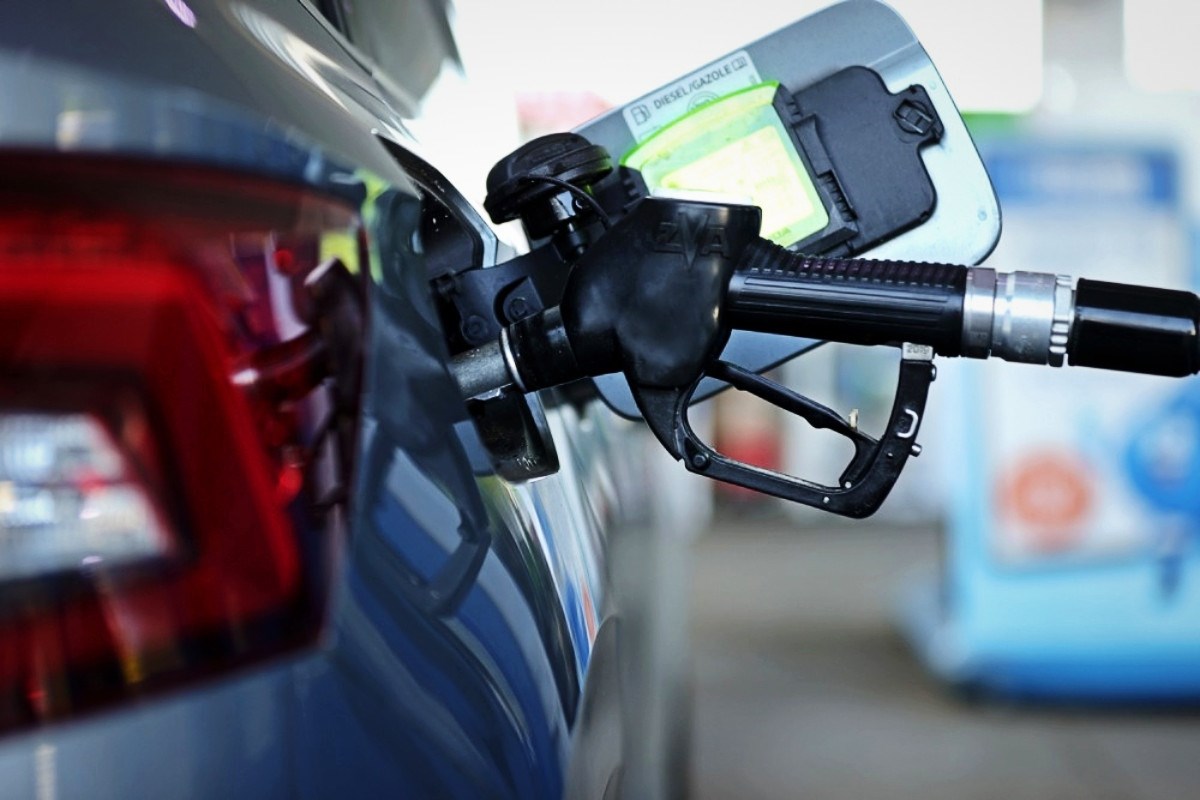Following an Israeli attack on Iran, prices of crude oil and natural gas surged sharply, leading to an increase in gasoline and diesel prices in Germany. The largest European automobile club, the German ADAC, urges citizens to fill up their car tanks as fuel prices are expected to continue rising due to the conflict between Iran and Israel. Fuel prices have already increased by about two cents per liter compared to the previous day, and oil companies are likely to quickly pass on the higher costs to consumers. There is concern that further escalation of the conflict, including possible blockades of oil supplies from Iran, could further increase prices. Stock markets reacted with declines, while gold and government bonds became sought-after safe investments. Additionally, due to the conflict, the safety of commercial shipping and air traffic in the region is limited.
Political Perspectives:
Left: Left-leaning sources tend to emphasize the economic impact on ordinary consumers, highlighting the burden of rising fuel prices on households and the potential for increased inequality. They may also focus on the broader geopolitical tensions and criticize military escalations that exacerbate global economic instability.
Center: Center-leaning sources report the facts of the fuel price increases and the geopolitical conflict in a balanced manner, providing data on price changes, statements from official sources like ADAC, and the potential scenarios for further escalation. They focus on practical advice for consumers and the economic implications without strong political bias.
Right: Right-leaning sources often emphasize national security concerns, the legitimacy of Israel’s actions against Iran’s nuclear program, and the necessity of strong defense measures. They may frame the fuel price increases as an unfortunate but necessary consequence of confronting threats and stress the importance of supporting allies and military actions.






























